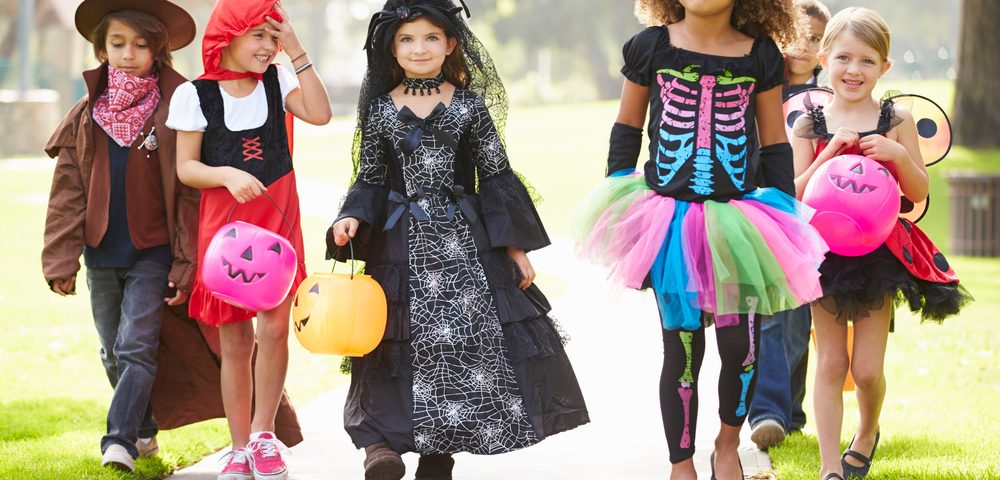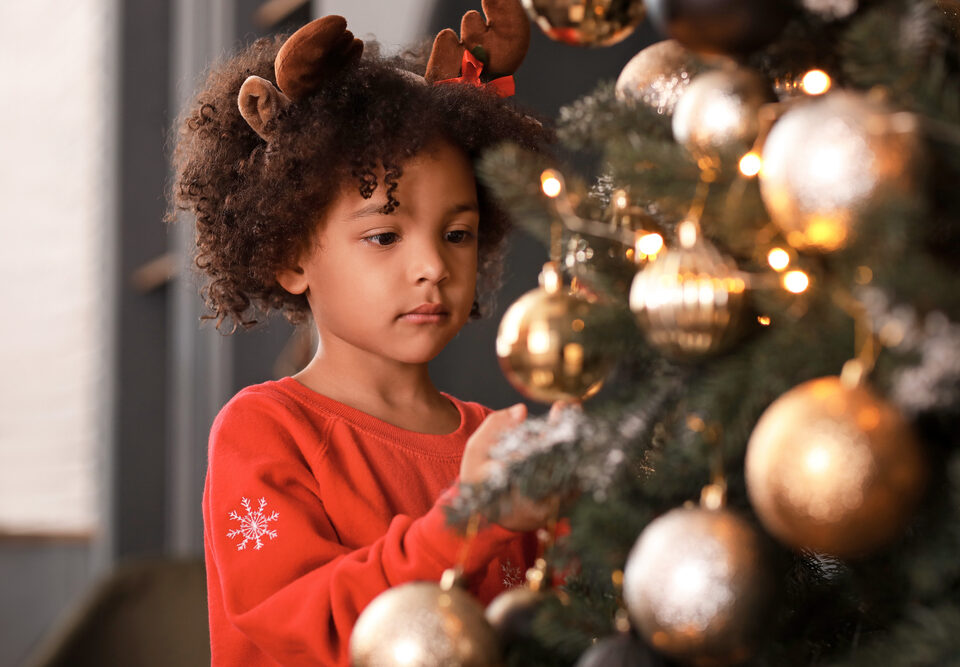
5 Tips for Successfully Fostering Teenagers
September 28, 2018
Helpful Tips For Fostering An Infant Or Toddler
October 12, 2018Fostering is a rewarding yet challenging experience, especially when it comes to celebrating holidays. Children may have negative experiences tied to holidays, or they may not have celebrated in traditional ways at all. On the other hand, holidays may remind some children in foster care just how much they miss their birth families.
With that said, you can help make Halloween a fun experience for foster children — with a little careful planning. Here are a few tips for having a happy Halloween with your foster children.
Open The Conversation
The first step in planning a fun Halloween is to sit and talk about it with your foster child. Start off by asking them what they would like to dress up as this year. If they seem confused by your question, consider pulling up photos online of children trick-or-treating. Suggest a few possibilities based on your foster child’s interests, such as Iron Man if they like superheroes or a famous basketball player if they are into sports. From there, you can slowly gather information on your foster child’s prior experience with Halloween, and learn if they have trick-or-treated before, whether they enjoy Halloween, and their expectations as far as traditions go.
Keep It Friendly And Fun
Some children may become extra frightened when it comes to the dark and scary side of Halloween. Younger foster children especially may scare easily. Keep this in mind when you are planning Halloween-related activities or decorating your home. Consider inviting your foster child to the store with you to pick out some decorations together, so that they feel included in the experience. Watch your foster child for reactions — if something seems too scary, remove them from the situation immediately. Follow their lead and interests. Your foster child may love making pumpkin cookies or watching “It’s the Great Pumpkin, Charlie Brown” (a movie kids of all ages love) together!
Create New Traditions
One thing your foster child may have lacked was stability when it comes to family traditions. Change this by creating a new tradition together. Even if you won’t have your foster child with you in future years, you can still invite them to experience traditions in ways they may have never in the past. Consider eating chili with family and friends at the house before heading our trick-or-treating together. If you have another family-friendly tradition that you participate in, such as taking photos together with the neighborhood children, invite your foster child to join in. Allowing them to experience traditional family gatherings can help your foster child to understand that there is hope for a normal, happy life for them as well. Holidays are a great time for instilling the concept of positive family gatherings.
Whether you plan to foster your child for a few weeks or up to a year or more, inviting them to join in family traditions within your house is key to a happy fostering experience. Many foster children lacked a sense of traditional family values in their upbringing. Help to make this Halloween the best one yet for your foster child by opening the conversation, keeping it friendly and fun, and inviting them to be a part of new traditions.
Every child needs and deserves to grow up safe and protected from abuse and neglect, and caring foster parents offer children support and stability when they need it most. At Camelot Care Centers, we specialize in higher-level foster care for children and adolescents that need extra support. We partner with our foster parents/homes to provide trauma informed care and additional services, including in-home counseling, parent support and training, tele-psychiatry, and therapeutic mentoring, to maintain children at the least restrictive, yet most appropriate level of care. Camelot Care Centers (“Camelot”) is a Child Welfare Agency licensed by the State of Illinois, a member of the Illinois Collaboration on Youth (ICOY), and is accredited by the Council on Accreditation (COA).




